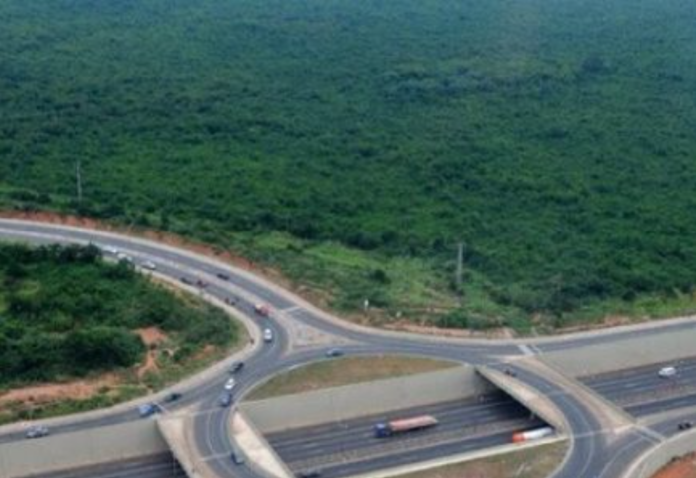
Safeguard ecological integrity of Achimota Forest
The government's decision to declassify the peripherals of the Achimota Forest Reserve, located in Accra, has become the subject of intense discussion.
Following the publication of the Cessation of Forest Reserve Instrument, 2022 (E.I. 144), it was widely reported in a section of the traditional and the social media that the forest had been sold.
That news was spontaneously received with grave concern by environmentalists, civil society organisations (CSOs) and activists.
Some of the critics have described the decision to declassify the peripherals of the reserve to serve as compensation to the Owoo Family of Accra, the pre-acquisition owners of the land, as worrying.
They contend that the decision defeats the government's Green Ghana agenda aimed at aggressively planting trees to restore the country’s degraded landscape.
They suggest that the government could have explored monetary compensation for the Owoo Family, instead of offering it declassified portions of the reserve.
However, the Minister of Lands and Natural Resources, Samuel Abu Jinapor, who signed the E.I. on behalf of President Nana Addo Dankwa Akufo-Addo, at a press conference last Wednesday, entreated members of the public to disregard the news making the rounds that the Achimota Forest Reserve had been sold, describing the report as "false, baseless and non-factual".
He explained that E.I. 144 was published to allow for the peripheral portions of the forest reserve, which had already been granted to the Owoo Family in September 2013, to cease to be a forest reserve
Mr Jinapor had also explained that E.I. 154, which was published alongside E.I. 144, stated emphatically that "the area of the forest shall remain a forest reserve".
While E.I. 144 makes the peripheral portions of the Achimota Forest Reserve cease to be a reserve, E.I. 154 amends the area of the land that should continue as a reserve.
The Daily Graphic is of the view that with these safeguards under the E.I., the Achimota Forest remains an integral part of the government's plan for the protection of the forest cover and the agenda for aggressive afforestation and reforestation.
While the Daily Graphic understands the government's position that the high value of land played a part in the decision to declassify the peripherals of the Achimota Forest to compensate the Owoo Family, we ask that stringent measures be put in place to ensure that the ecological integrity of the reserve is not compromised.
Apart from the portions given back to the original owners in 2013, the government should hold the rest of the land, maintain some of it as a green belt and use the rest in the broader national interest. The history of the government’s holding of compulsorily acquired lands is nothing to write home about.
The uproar over the issue stems from the fact that the pressure group, OccupyGhana, said the overall management of public lands had been haphazard and messy.
There is also evidence of the way some of these lands, under the guise of being returned to the original owners, ended up in the hands of the wrong people.
These factors combine to make Ghanaians extremely suspicious of any land transaction involving the government, and for good cause and reason.
We believe that the government must use this opportunity to reaffirm its commitment to uphold its sacred duty as the trustee of state lands and not breach that trust.
It must do that by ensuring that the Achimota Forest remains an integral part of its plan for the protection of forest cover and its agenda for aggressive afforestation and reforestation.
We will continue to remind the government, through the Ministry of Lands and Natural Resources, to continue to protect the Achimota Forest and prevent it from being further encroached.
The government must remain resolute and ensure that what belongs to the people and generations unborn is duly preserved and protected to serve the collective good of all Ghanaians.
